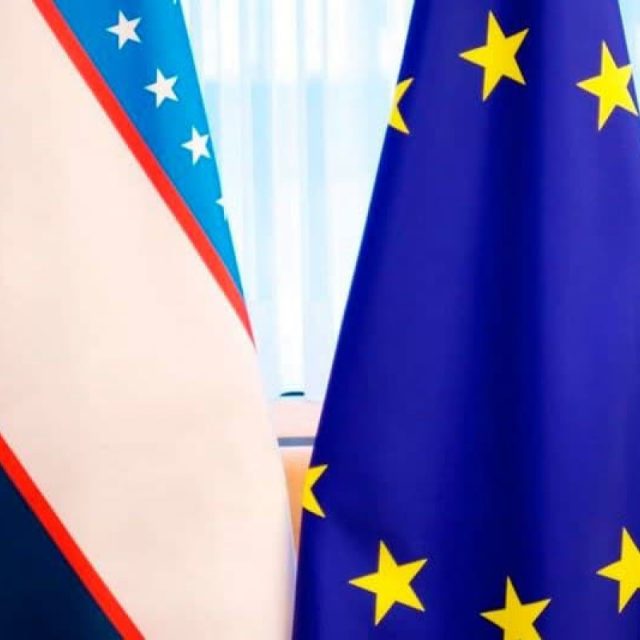Photo by Cleyton Ewerton on Unsplash
Laws regulating the Kazakh gambling and betting market are being hit with big changes.
It is argued that the new amendments and laws will prohibit a large circle of people from participating in gambling and betting.
Such concerns are particularly timely as they come at a time with efforts being made in the European Union and its EU Member States to introduce more robust anti-money laundering guidelines for Europe’s online gambling sector. One objective of the European Gaming and Betting Association (EGBA), the EU-wide body representing Europe’s leading online gaming and betting companies, is to help foster higher industry standards.
Changes are also afoot in the gambling sector in Kazakhstan which impact on those under the age of 25; civil servants; those prohibited by law and debtors. But these norms are very vague, and there appear to be complicated and contradictory measures of enforcement. They also do nothing, it is further argued, to limit the 80% of betting thought to happen illicitly.
Bookmakers are not individuals, which means they are not responsible. Yet this new legislation seeks to penalise businesses, according to critics.
The fines laid out plan to be 300 times the Monthly Calculation Index (MCI) and 1,000 times the MCI for large businesses. This corresponds to monetary amounts between 1.1 million and 3.6 million tenge as of the year 2024 (around US$2,500-$8,100). In the case of a repeat offence the licence is suspended. This can have consequences for legitimate businesses in the industry and can push them to other jurisdictions with less restrictive guidelines in place.
To put this into context, gambling is a risk-based agreement between players to win on the outcome of an event. Betting is the same, only the players do not take part in the event. Compliance and monitoring should be ensured but only when it’s fair and reasonable. This law can create serious consequences and encourage illicit gambling and other opaque business practices.
These new gambling laws are, it has been said, less about protecting players from harm, but more about consolidating control of the market. Online gambling is already prohibited in Kazakhstan, and 80% of the trade is thought to happen illicitly.
As a resul it is feared that this legislation will push legitimate bookkeepers, and other gambling institutions to offshore sites, where the conditions are more attractive and there are no restrictions. Since such institutions generate millions in revenue for the state budget, the legal betting sector will as a result become smaller. This is risky because it can instead facilitate the illegal gambling industry by issuing white label licences to shady betting agencies. Because this proposed legislation has no mention of any regulatory oversight of BAC and proposes no industry-led safeguards, the law could, it is said, pose severe economic consequences for Kazakhstan.
So, it comes as no surprise that in the past months the planned gambling and betting laws have sparked significant debate among gambling and betting business circles. More importantly, it raises an issue of trust in the gambling industry. It is feared that these amendments will create fertile ground for the proliferation of unlicensed and illegal gambling companies. This will completely erode the trust that the government has painstakingly worked on re-building with local and international businesses, as well as tarnish the reputation of legitimate operators.
Gaming and betting have always been an attractive source for illegal funds in Kazakhstan. With such extensive restrictions, many legitimate gambling and betting businesses face the risk of closing shop, selling their business or moving out of Kazakhstan.
As such, the argument is that these extensive legislative changes represent a clear threat to the integrity and sustainability of Kazakhstan’s legitimate gambling industry. They can undermine the economic benefits, consumer protection and trust that legitimate operators have worked so diligently to build.
Separately, the annual report of the European Gaming and Betting Association (EGBA) showcases its recent efforts to raise standards in areas such as anti-money laundering, safer gambling, and collaboration.
Notable initiatives from EGBA in the past twelve months include its introduction of robust anti-money laundering guidelines for Europe’s online gambling sector, the association’s work towards the standardisation of markers of harm at European level, and its initiatives to foster collaboration within the sector on crucial topics such as cyber security.




